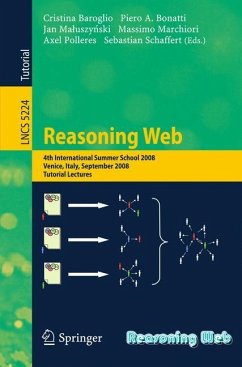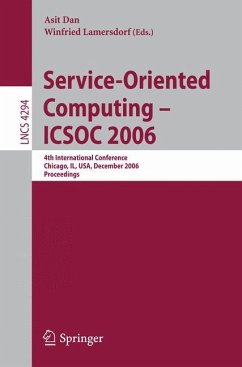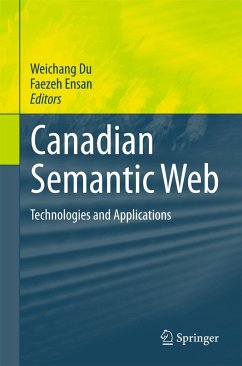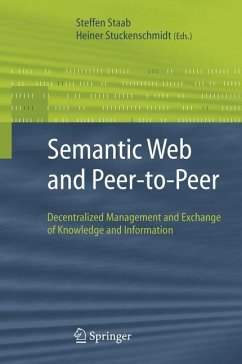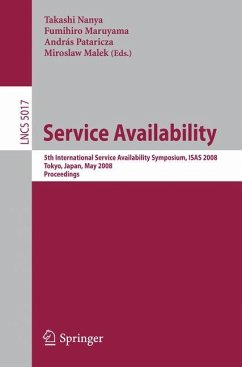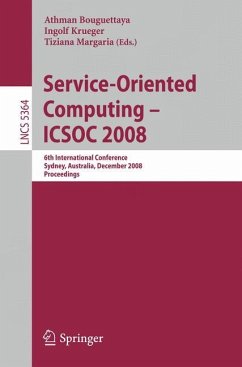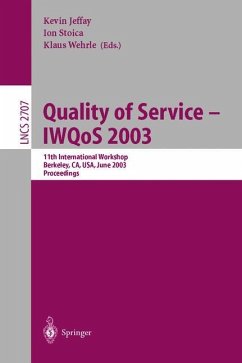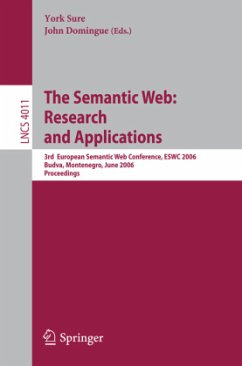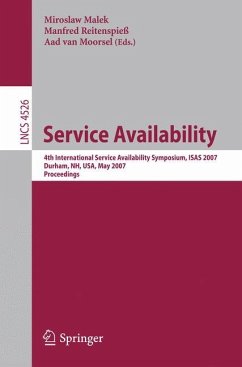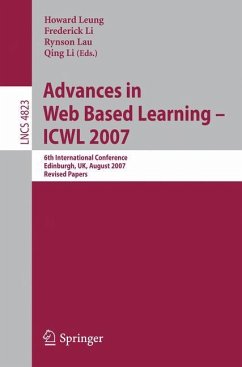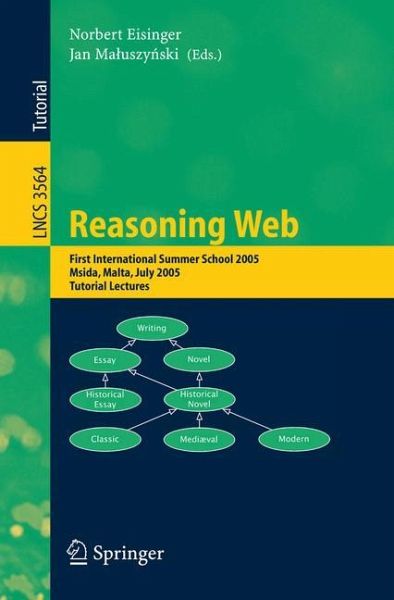
Reasoning Web
First International Summer School 2005, Msida, Malta, July 25-29, 2005, Revised Lectures
Herausgegeben: Eisinger, Norbert; Maluszynski, Jan

PAYBACK Punkte
20 °P sammeln!
This book presents thoroughly revised tutorial papers based on lectures given by leading researchers at the First Summer School on Reasoning Web in Msida, Malta, in July 2005. The objective is to provide a coherent introduction into Semantic Web methods and issues with a particular focus on reasonning.
The ten tutorial papers presented provide competent coverage of methods and issues of the Semantic Web, ontology languages and their relation to description logics, Web query languages, XML, RDF and topics maps, evolution and reactivity, personalization in the Semantic Web, rule modeling with UML, techniques in Web information extraction, employing ontologies to ease construction of software applications, and type checking for Web rule and query languages.
The ten tutorial papers presented provide competent coverage of methods and issues of the Semantic Web, ontology languages and their relation to description logics, Web query languages, XML, RDF and topics maps, evolution and reactivity, personalization in the Semantic Web, rule modeling with UML, techniques in Web information extraction, employing ontologies to ease construction of software applications, and type checking for Web rule and query languages.
This volume contains the tutorial papers of the Summer School "Reasoning Web,"July25-29,2005. TheSchoolwashostedbythe University of Malta and was organized by the Network of Excellence REWERSE "Reasoning on the Web with Rules and Semantics" , funded by the EU Commission and by the Swiss Federal O?ce for Edu- tion and Science within the 6th Framework Programme under the project ref- ence number 506779. The objective of the school was to provide an introduction into methods and issues of the Semantic Web, a major endeavor in current Web research, where the World Wide Web Consortium W3C plays an important role. The main idea of the Semantic Web is to enrich Web data with meta-data carrying a "meaning" of the data and allowing Web-based systems to reason about data (and meta-data). The meta-data used in Semantic Web applications is usually linked to a conceptualization of the application domain shared by di?erent applications. Such a conceptualization is called an ontology and sp- i?es classes of objects and relations between them. Ontologies are de?ned by ontology languages, based on logic and supporting formal reasoning. Just as the current Web is inherently heterogeneous in data formats and data semantics, the Semantic Web will be inherently heterogeneous in its reasoning forms. - deed, any single form of reasoning turns out to be insu?cient in the Semantic Web.





